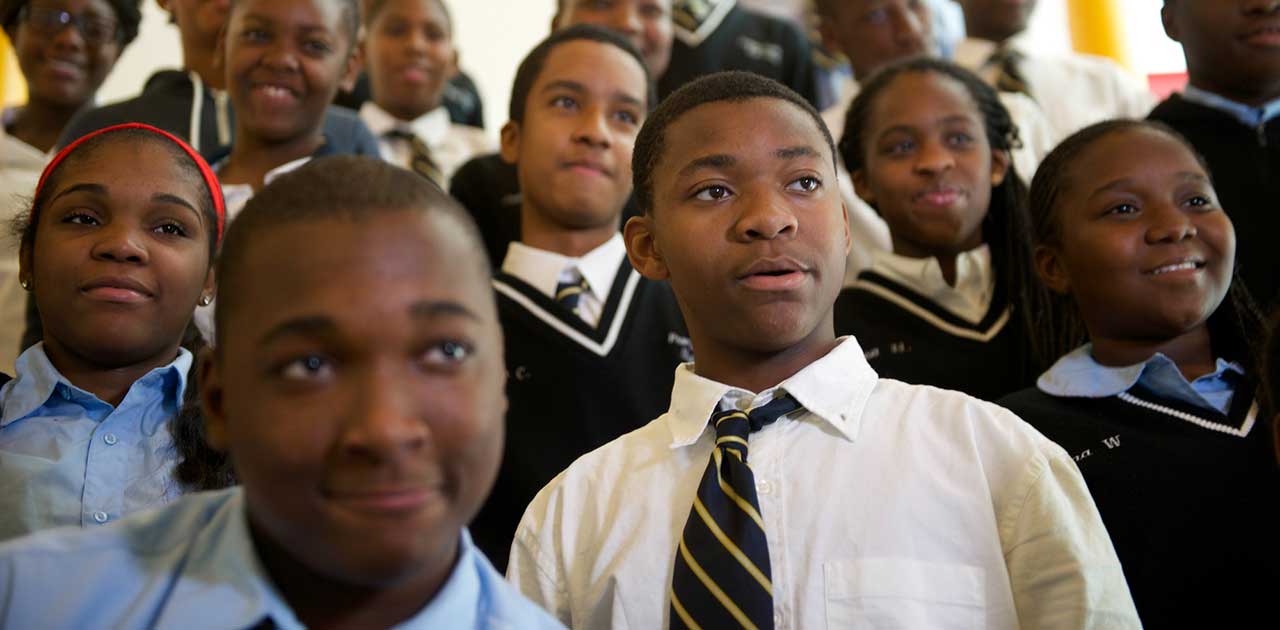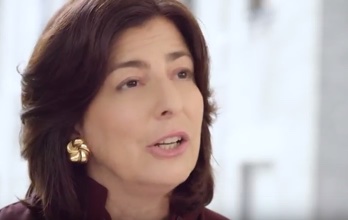Due diligence rigorously examines whether a prospective grantee and vulnerable youth could benefit from an EMCF investment.
We spend hundreds of hours poring over every aspect of an organization's program and operations.
Due diligence initially concentrates on three areas:
- Compelling Product: Does the organization deliver a service or program with empirical evidence of its impact on youth?
- Strong Leadership: Do the staff and board have a track record of achieving the organization’s objectives, and a vision of future growth?
- Commitment to Evaluation: Is the organization measuring its performance and intent on evaluating its outcomes? Does it foster what EMCF calls a culture of learning―continually assessing and improving every aspect of its work?
If the answers to these questions are encouraging, we delve More deeply in three additional areas:
- Financial Viability: Are the organization's finances sound?
- Operational Viability: Does the organization have the capacity to increase the number of youth it serves?
- Compatibility: Is the organization a good “fit” with EMCF’s investment approach? Does the population it serves, the geographical area where it is active and/or the outcome it seeks enhance our investment portfolio?
We are frequently assisted in due diligence by two organizations that are longtime strategic collaborators with the Foundation: MDRC, a prominent evaluator of interventions to improve the lives of low-income Americans, and The Bridgespan Group, a leading provider of business planning and capacity-building services to nonprofits.





